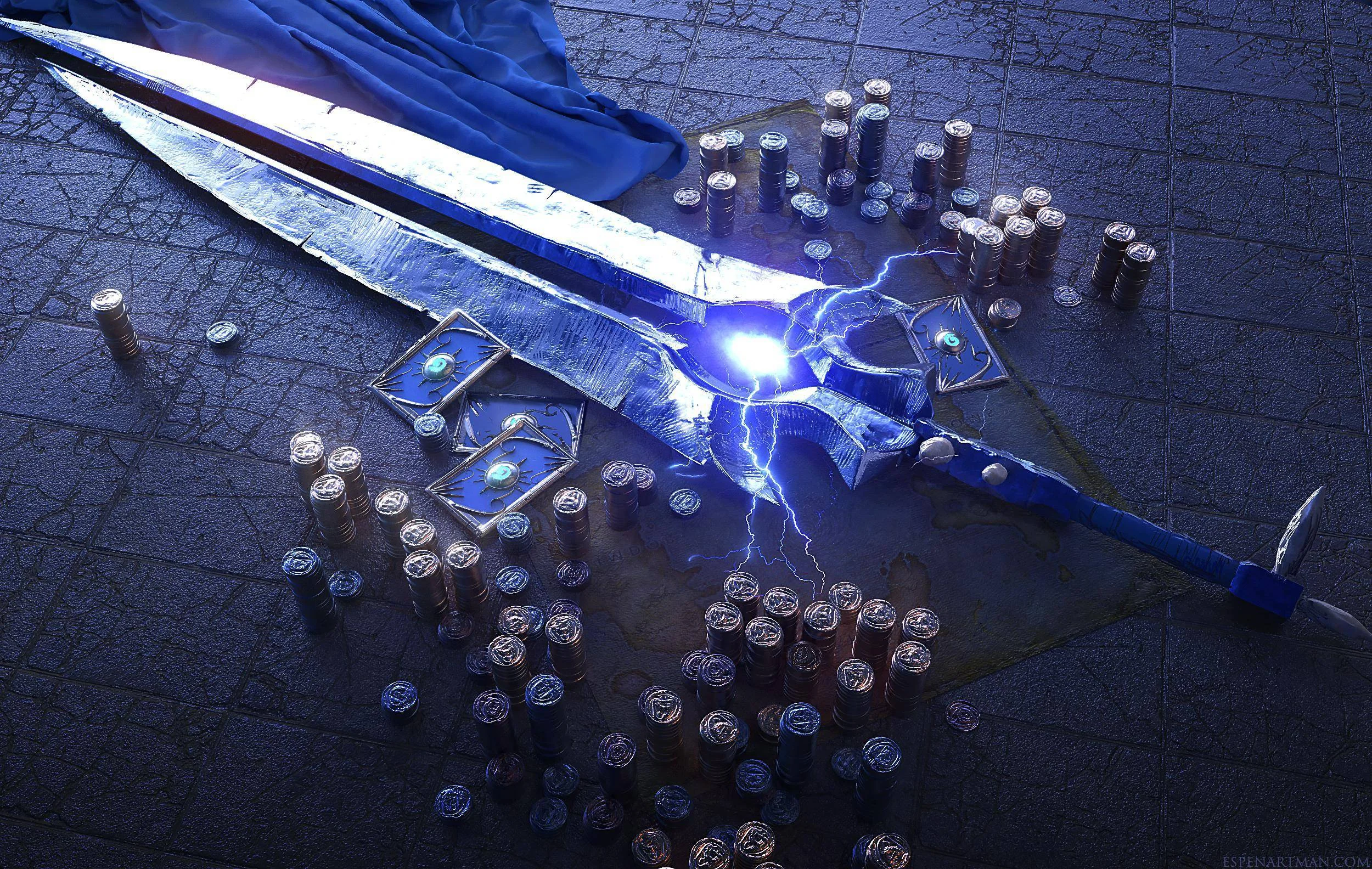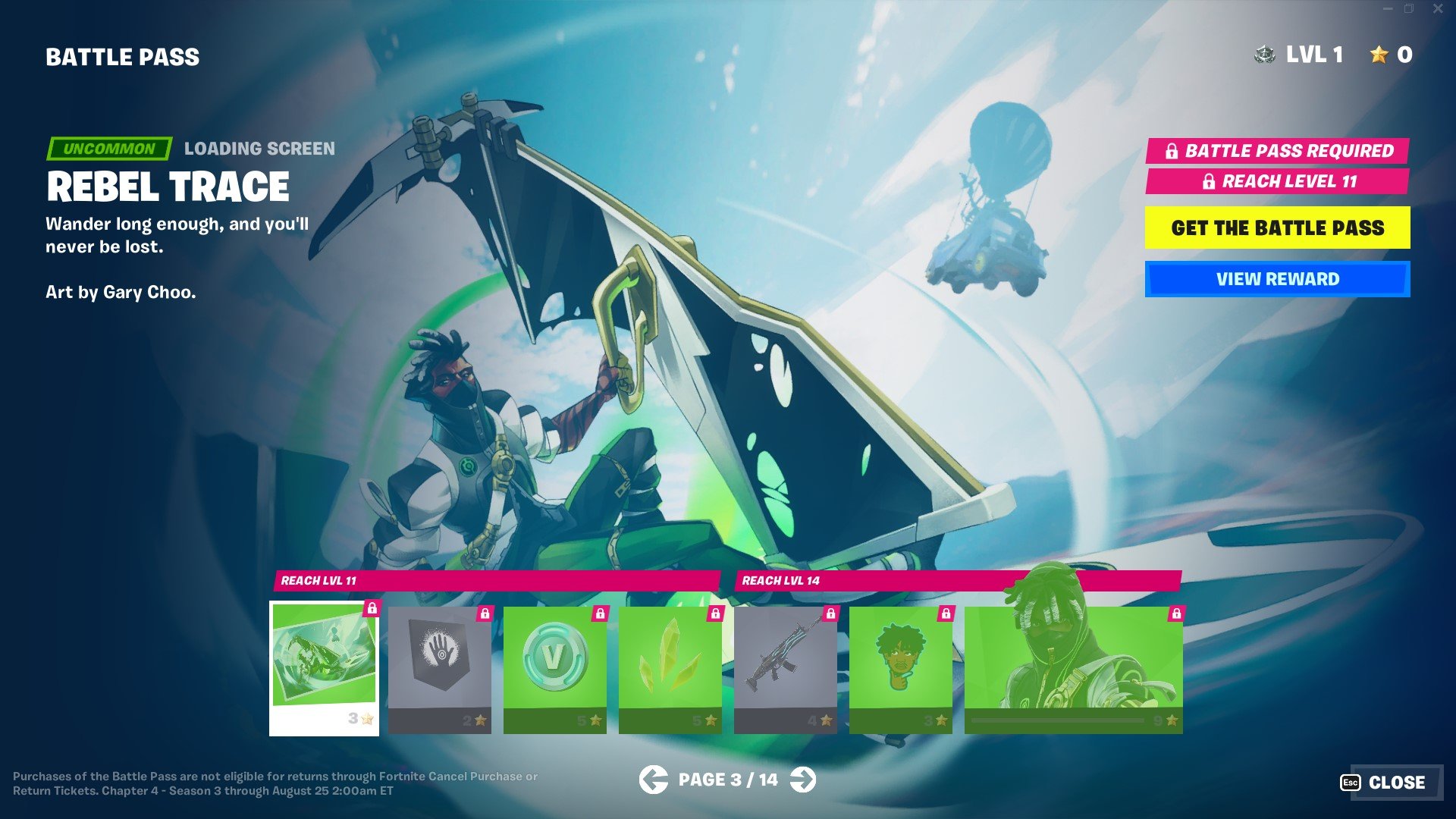The Sword That Ruined My Life: A Love Letter to Terrible Drop Rates
Thunderfury, Blessed Blade of the Windseeker haunts my dreams. Forty-seven Molten Core runs, each one a masterclass in disappointment until that Tuesday when the universe finally cracked.
Half the raid had passed out on their keyboards, our main tank was raiding from a hospital waiting room because his wife was in labor (absolute legend behavior), and there it was—both bindings in one night.
Three expansions had turned this legendary weapon into an overpriced glow stick, but my hands still shook equipping it.
The disconnect between understanding that purple text represents nothing tangible and the physical adrenaline response to acquiring it reveals something fundamental about how games hijack our reward systems.
You watch numbers increment, fully aware you’re participating in an elaborate time sink, yet the moment that rare drop appears, your body reacts like you’ve achieved something real.
Your roommate discovers you shouting at your monitor over digital swords that became obsolete years before you acquired them.
The Hamster Wheel We Love to Run
Monster Hunter wears its contempt for your time like a badge of honor. “This monster has a 2% chance to drop the gem you need.” The transparency itself becomes part of the psychological framework—by announcing the terrible odds upfront, the game transforms frustration into an expected part of the experience rather than a failure of design.
Seventeen Nergigante kills for one gem translates to eight-plus hours of repetitive combat against the same creature, each fight requiring twenty to thirty minutes of sustained concentration.
The consolation prize system reveals sophisticated behavioral psychology at work. Failed runs flood your inventory with scales, bones, components you initially dismiss as worthless padding. Three weeks later, you’re crafting that switch axe you never planned to build and discover you need exactly seventeen of those “useless” parts you nearly vendored.
Monster Hunter has transformed disappointment into a complex economy where today’s failures literally become tomorrow’s progression materials, creating a feedback loop where even losing provides tangible forward momentum.
Tom got three gems on his first hunt though. The social dynamics of random drops create their own meta-game where luck becomes a personality trait and statistical outliers become legends or pariahs. (Tom, if you’re reading this, that attack jewel from your first tempered investigation permanently altered our friendship’s power dynamic.)
The Psychology of Almost Getting It
Diablo weaponizes intermittent reinforcement schedules with the precision of a psychology PhD dissertation. The orange light beam, the perfectly tuned audio cue, the way legendaries flood your screen during periods when you need nothing specific—then the algorithm seemingly deletes your desired item from the loot table the moment you actually need it. Season 28’s hunt for a Krysbin’s Sentence demonstrated this perfectly.
Every guide labeled it “common,” every streamer showcased multiple copies, yet the game delivered thirty-seven Puzzle Rings before producing one poorly-rolled Krysbin’s, followed immediately by three more within the hour in what felt like algorithmic mockery.
Battle Passes Ruined Everything and Made Everything Better
The monetization of player engagement through battle passes represents one of gaming’s most successful psychological pivots. Apex Legends essentially created a system where players pay for the privilege of receiving assigned tasks, transforming what would be seen as work in any other context into desirable content.
The genius lies not in the system itself but in how quickly it became industry standard, fundamentally altering player expectations about progression and reward structures.
Deep Rock Galactic’s implementation, despite being entirely free, still successfully colonizes player schedules. The phrase “Sorry, I need to mine 500 Morkite as Scout for the weekly” has entered actual human conversations, representing a priority shift where completing arbitrary objectives in a game about space dwarves supersedes real-world social obligations.
The variety in challenges—headshots with unused weapons, pistol-only victories, passive objective presence for accumulated hours—transforms routine grinding into a series of micro-puzzles where the solution always requires more playtime but with enforced variety.
The Beautiful Lie of Seasonal Resets
Path of Exile’s league system weaponizes loss aversion in reverse. By deleting all progress every three months, the game creates artificial scarcity in a digital environment where scarcity shouldn’t exist. Players celebrate the destruction of hundreds of hours of progress because the reset provides something more valuable than any item: relevance.
Your discoveries matter again because everyone else got reset too. That six-link dropping week one carries weight in a fresh economy that it could never have in the bloated permanent leagues.
The economic reset accomplishes what no amount of new content could—it makes common currency valuable again. Chaos orbs transform from vendor trash to actual trading power.
Finding a divine orb (formerly exalted, a change that still stings) in week one of a league provides more dopamine than finding a mirror in standard because context determines value more than absolute rarity. The shared struggle of a fresh economy creates community in a way that accumulated wealth never could.
When Mobile Games Actually Get It Right?
Genshin Impact operates as a masterclass in layered progression systems disguised as anime waifu collection. The gacha mechanics, mobile origins, and aggressive monetization strategies assembled into one package should produce garbage. The pity system literally admits its predatory nature—promising to limit the damage after exactly 90 pulls.
Yet the progression structure surpasses most mac games that cost sixty dollars upfront with no additional monetization.
The artifact grinding system represents perhaps the purest distillation of controlled randomness in modern gaming. Five pieces required, each containing main stats and substats, with substats upgrading randomly every four levels.
The mathematical probability of achieving optimal artifacts approaches zero—you’re more likely to win multiple lotteries simultaneously. The game remains completely clearable with mediocre artifacts, making the entire endgame grind technically unnecessary.
Yet players like Sarah, farming the Emblem domain daily for over a year, burning every point of resin on the same content she cleared months ago, demonstrate how the possibility of marginal improvement can sustain engagement indefinitely.
The Destiny Problem
Destiny created, destroyed, rebuilt, and re-destroyed its loot economy so many times that tracking its current state requires a degree in Bungie archaeology.
The Gjallarhorn saga perfectly encapsulates this chaos. When random drops were the only acquisition method, obtaining one triggered raid-wide celebrations, adult tears, and Discord servers exploding in caps lock. The weapon became gaming’s status symbol, dividing the community into haves and have-nots.
Bungie’s solution—making Gjallarhorn a quest reward—democratized access while accidentally proving that artificial scarcity was the entire appeal.
The weapon’s stats remained identical, its function unchanged, yet its value evaporated the moment everyone could obtain it. They solved the exclusivity problem by removing exclusivity, fundamentally misunderstanding that the problem was actually the solution.
Weapon crafting arrived as another supposed fix that instead added layers of grind. Now players can deterministically obtain god rolls, but only after leveling inferior versions through hours of mandatory usage.
It’s progression theater—grinding to unlock the ability to grind toward the item you wanted from the beginning. Each “solution” to RNG complaints has added complexity without addressing the core issue that players simultaneously hate and require randomness.
The Indie Solution Nobody Asked For
Hades revolutionized failure by integrating it into narrative structure rather than treating it as a punishment. Death doesn’t reset progress—it advances multiple parallel progression systems.
Each failed run strengthens your character through meta-progression, unlocks new dialogue creating narrative advancement, and provides currency for permanent upgrades.
The game expects and requires failure, building its entire storytelling framework around the assumption that players will die dozens of times before succeeding.
The Heat system epitomizes pure numerical progression stripped of material reward. Increasing Heat makes the game objectively harder while providing worse resource farming efficiency.
Heat 32 runs are mathematically inferior to Heat 0 runs for acquiring materials. Yet that number exists, incrementing up to 64, and that existence alone compels optimization. The system proves that humans will voluntarily make their experience worse if you attach a number to that worsening and call it progression.
Why We Do This to Ourselves?
The impossibility of perfect progression systems stems from a fundamental contradiction: we want to complete games while simultaneously never wanting them to end. Every live service game, seasonal reset, and battle pass attempts to square this circle by creating infinite progression that feels finite.
Korean MMOs with 0.01% drop rates maintaining player bases after two decades demonstrate that sustainability comes from making the destination unreachable while keeping the journey engaging.
Thunderfury taking forty-seven runs wasn’t bad luck or poor game design—it was the system working exactly as intended. Immediate gratification creates immediate abandonment.
The suffering isn’t a bug preventing you from reaching the fun; the suffering is the fun, disguised as obstacle. Every frustrated forum post about drop rates, every complaint about artificial grind, every “the game doesn’t respect my time” rant misses that disrespecting your time is the entire business model.
Tomorrow brings another reset, another season, another battle pass, another chance to complain about systems we secretly love. Progression done right means transforming players into enthusiastic participants in their own elaborate exploitation, convincing them that watching numbers increase constitutes gameplay.
See you in the queue. I’ll be the one running the same dungeon for the forty-eighth time, statistically no closer to my goal than run one, but absolutely certain this time will be different.


